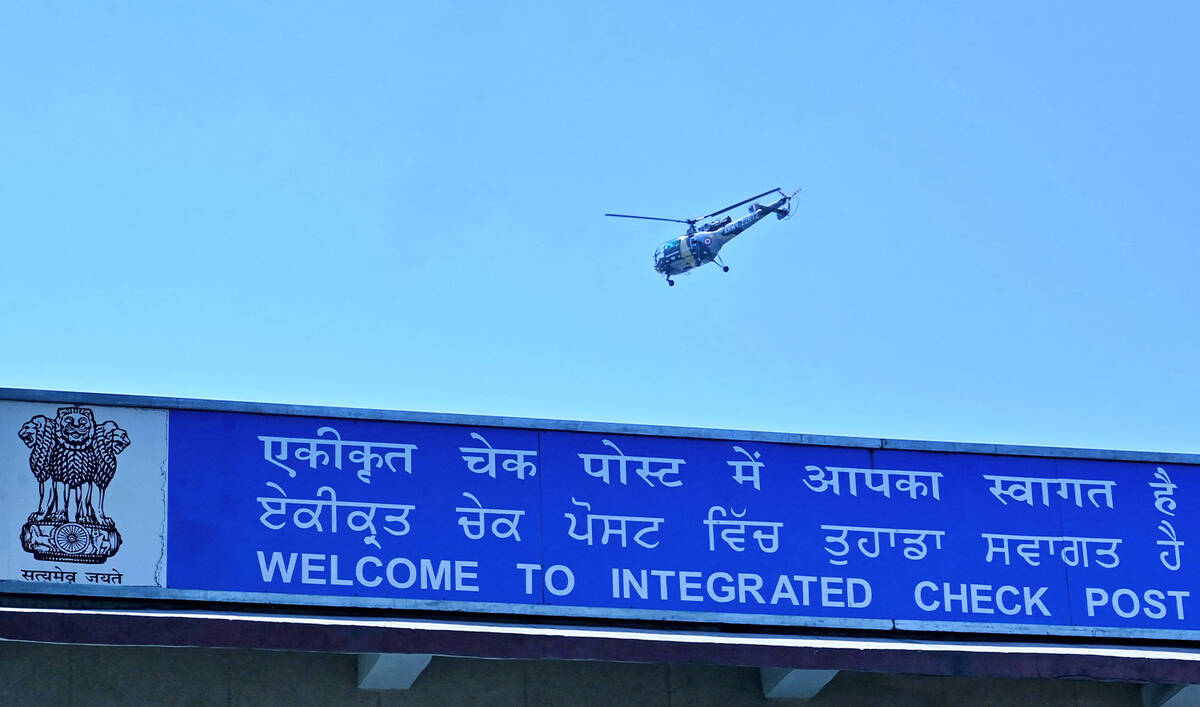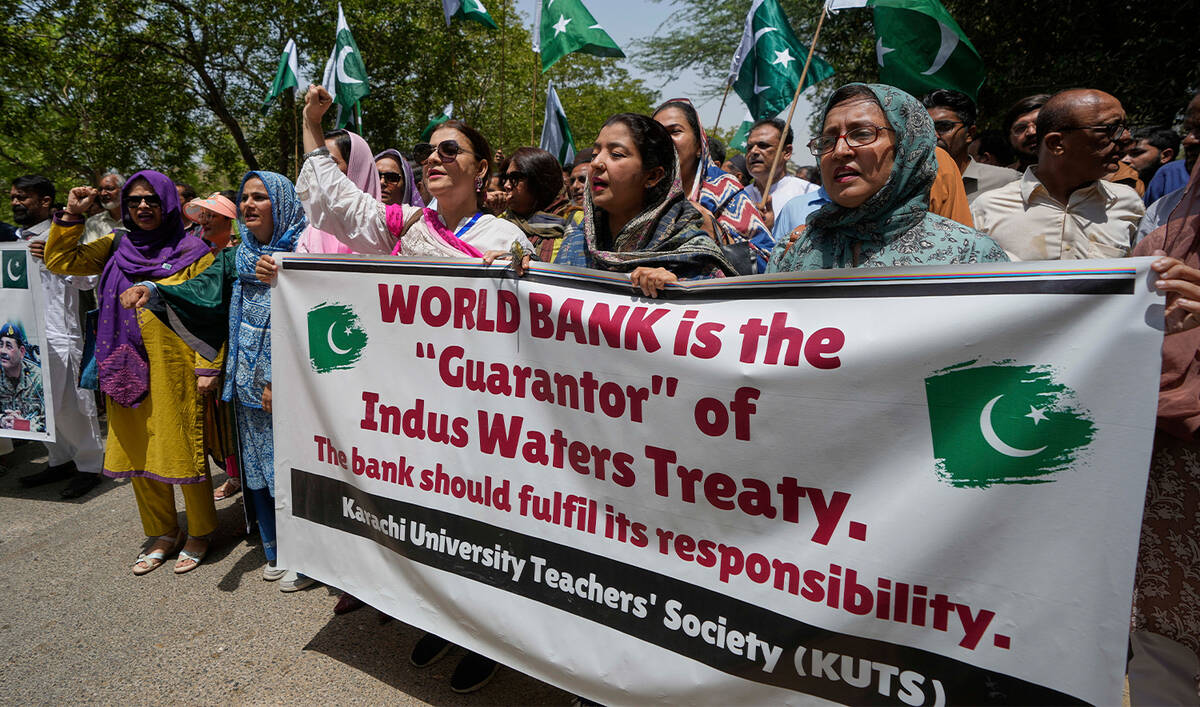ISLAMABAD: Former Pakistan cricketer Shahid Afridi expressed solidarity with Palestinians on Wednesday after a pro-Israel group shared his photograph taken with its members in Manchester, United Kingdom, in a social media post, saying that he stopped to offer support for its calls for the release of Israeli hostages from Gaza.
Over 200 Israelis were taken hostage by Hamas in an attack on October 7 which the group said was in response to the deteriorating condition of Palestinians living under Israeli occupation.
The incident was followed by Israeli airstrikes and ground invasion of Gaza that led to the killing of over 37,000 Palestinians, mostly women and children, along with the widespread destruction of civilian infrastructure in the area.
While the international community has widely viewed Israel’s response to the Hamas attack as disproportionate, several pro-Israel groups have continued to protest worldwide while demanding the return of the hostages from Gaza.
“Imagine strolling down a street in Manchester (UK) and so-called fans approach you for a selfie,” Afridi said on social media platform X. “You oblige, and moments later, they upload it as some form of Zionist endorsement.”
“Unbelievable,” he continued. “Please don’t believe everything that is uploaded.”
The Pakistani cricketer said it was “truly heartbreaking” to see how Palestinians were targeted by Israel in Gaza.
“Thus, any photo or association shared by in Manchester does not reflect my support for any situation where human lives are at stake,” he said.
Afridi noted he took pictures with fans everywhere, adding that this situation was no different.
“I pray for peace, I pray for an end to this war, I pray for freedom,” he said.
Afridi’s picture was shared by a group called North West Friends of Israel, featuring him with two of its top officials during a street demonstration, where people holding placards can be seen in the background.
One of the group’s officials is also seen holding pro-Israel pamphlets in the frame, which demand the release of hostages.
Afridi later criticized the group, saying he thought it was “just a selfie” with fans.
“I do not endorse your Tweet,” he added. “As a Muslim I pray for peace across the world. Please delete this post as it’s not accurate!”
The group, however, claimed that the picture was taken by Afridi’s own camera with hostage placards and leaflets.
“You spoke to us of your own FREE will and posed for a selfie with hostage leaflets to support our cause,” it said. “It’s hugely disappointing you have caved in to those who would oppose the release of innocent babies, children, women and men held hostage by the terrorists of Hamas.”

















